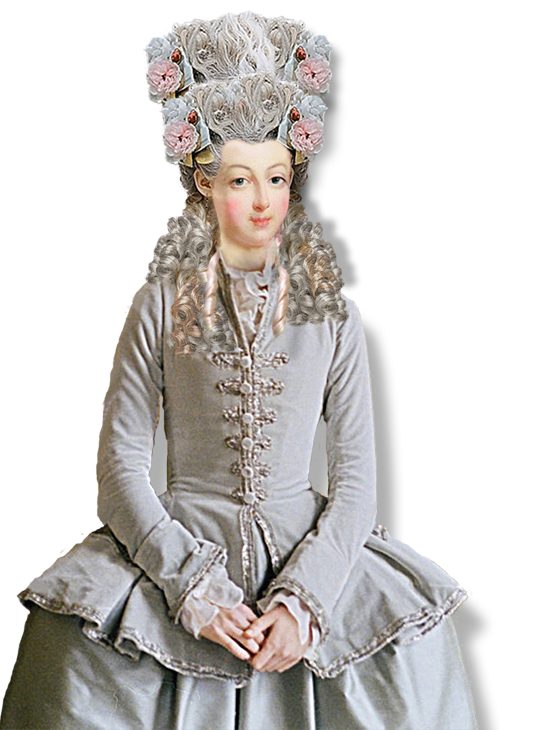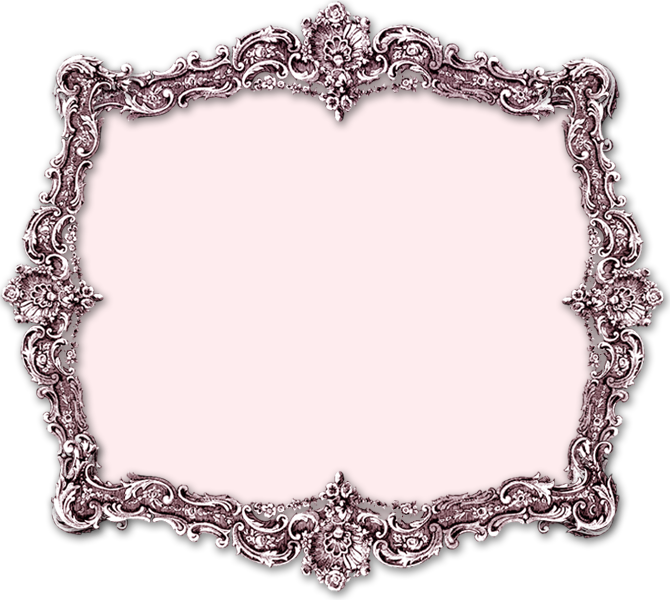From the outset, despite how she was portrayed in contemporary libelles, the new queen had very little political influence with her husband. Louis, who had been influenced as a child by anti-Austrian sentiments in the court, blocked many of her candidates from taking important positions, aided and abetted by his two most important ministers, Chief Minister Maurepas and Foreign Minister Vergennes. All three were anti-Austrian and were wary of the potential repercussions of allowing the queen (and, through her, the Austrian empire) to have any say in French policy. Marie Antoinette's situation became more precarious when, on 6 August, 1775, her sister-in-law, the comtesse d'Artois, gave birth to a son, the duc d'Angoulême, who would be the presumptive heir to the French throne after his father and uncles for seven years. This resulted in a plethora of graphic satirical pamphlets (the libelles) being released, which mainly centered around the king's impotence and the queen's searching for




